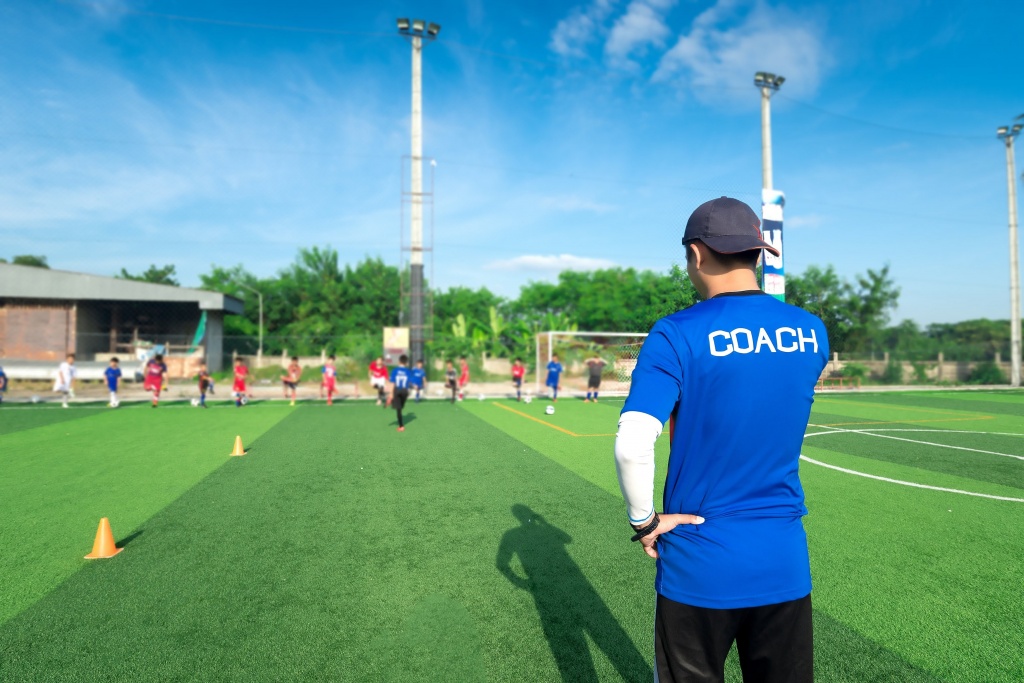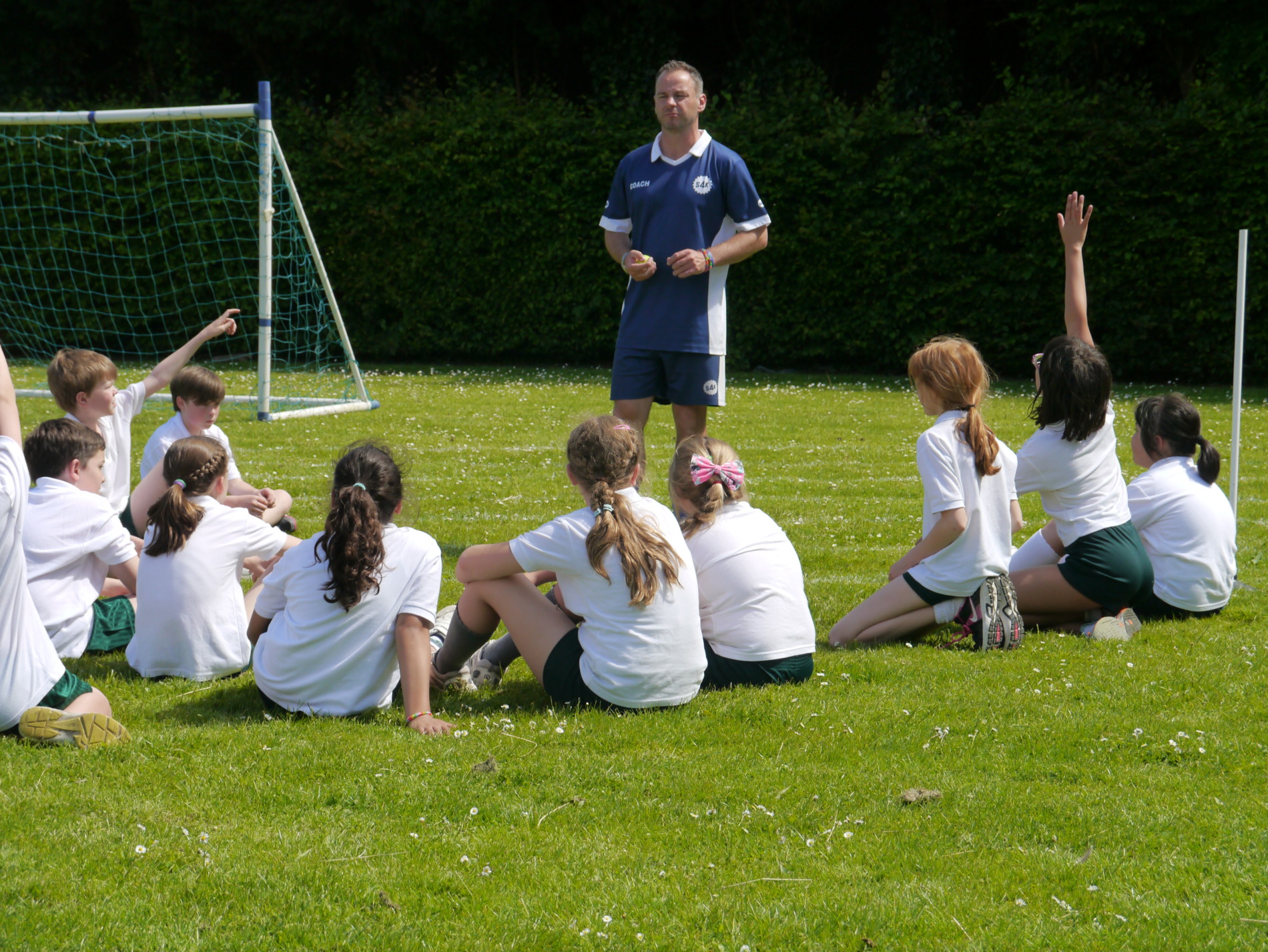Introduction
Sports coaching is more than just a job—it’s a calling. Whether you’re guiding young athletes through their first seasons or working with elite professionals striving for championships, the role of a sports coach is both challenging and rewarding. As sports continue to evolve globally, the demand for skilled coaches is on the rise, making it an excellent career path for those passionate about sports, mentoring, and leadership.
In this article, we will explore the various types of sports coach jobs, the essential skills and qualifications required, salary expectations, and how to start your career in coaching. Additionally, we’ll delve into emerging trends in the coaching profession and the job outlook for 2025.
Types of Sports Coach Jobs
Sports coaching spans across different levels of competition and various sports. Each position has unique responsibilities and requirements. Here are some common types of sports coaching jobs available today:
1. Youth Sports Coach
Youth sports coaches typically work with children in community programs, schools, or youth leagues. This is an entry-level position where coaches focus on teaching young athletes the fundamentals of the sport, emphasizing teamwork, discipline, and sportsmanship.
Key Responsibilities:
- Organizing practices and games
- Teaching basic skills and techniques
- Providing positive reinforcement and motivation
- Creating a safe and encouraging environment for young athletes
Typical Salary Range: $30,000 – $50,000 annually, depending on location and the level of competition.

2. High School Sports Coach
High school coaches take on more responsibility by training athletes in specific sports, preparing them for regional and state competitions. They often balance athletic development with academic support, ensuring student-athletes maintain good academic standing.
Key Responsibilities:
- Coaching athletes to prepare for high school tournaments and championships
- Monitoring athlete performance and physical health
- Recruiting players for the team
- Collaborating with other educators to ensure academic success
Typical Salary Range: $40,000 – $70,000 annually.
3. College or University Coach
College coaches manage student-athletes at the collegiate level. They often recruit talent, create training regimens, and lead teams in national competitions. These roles require more experience and a higher level of expertise compared to youth and high school coaching.
Key Responsibilities:
- Recruiting athletes for college teams
- Developing game strategies and team drills
- Managing team dynamics and player development
- Building strong relationships with athletes to foster success both academically and athletically
Typical Salary Range: $50,000 – $150,000 annually.
4. Professional Sports Coach
Professional coaches work with elite athletes in professional leagues such as the NBA, NFL, or Premier League. These coaches often have years of experience and are responsible for training top-tier athletes, strategizing for games, and managing high-pressure situations.
Key Responsibilities:
- Developing game strategies and training regimens for professional athletes
- Managing team performance, including handling mental and physical health issues
- Working with team management to ensure effective communication and optimal performance
- Maintaining public relations with the media and sponsors
Typical Salary Range: $100,000 – $5 million annually, with top-tier coaches earning significantly more based on success and media deals.
5. Fitness Coach/Personal Trainer
Fitness coaches or personal trainers work in gyms, fitness centers, or private settings. They design personalized training programs tailored to individual clients’ needs, helping them reach specific fitness goals like weight loss, muscle building, or overall health improvement.
Key Responsibilities:
- Creating personalized fitness plans for clients
- Educating clients on proper techniques to avoid injury
- Motivating clients and helping them stay on track with their fitness goals
- Tracking clients’ progress and adjusting programs accordingly
Typical Salary Range: $35,000 – $80,000 annually, depending on experience and clientele.
6. Specialized Sports Coach
Specialized coaches focus on a specific sport, such as tennis, swimming, or gymnastics. These coaches are experts in their field and work with athletes to refine their skills, technique, and performance.
Key Responsibilities:
- Teaching advanced skills and techniques specific to the sport
- Developing training programs tailored to athletes’ needs
- Analyzing and improving performance
- Coaching athletes during competitions
Typical Salary Range: $50,000 – $100,000 annually.
Skills and Qualifications for Sports Coach Jobs
To succeed as a sports coach, you need a combination of technical knowledge, leadership skills, and the ability to motivate and manage athletes. Here are the key skills and qualifications required for a successful career in sports coaching:
1. Sports Knowledge and Technical Skills
Coaches must have in-depth knowledge of the sport they’re coaching. This includes understanding the rules, techniques, strategies, and nuances of the game. For example, a football coach must understand offensive and defensive strategies, while a swimming coach must be skilled in stroke techniques and training regimens.
2. Leadership and Communication Skills
A successful coach is also a leader. Strong leadership skills are crucial for guiding teams, making tough decisions, and inspiring athletes to reach their potential. Coaches must also be excellent communicators, able to clearly explain strategies and provide constructive feedback to athletes and their parents.
3. Motivational Skills
Motivating athletes to push their limits, work hard, and stay focused is essential. A great coach knows how to inspire athletes to perform at their best, even during tough times. This involves creating a positive, supportive atmosphere that encourages athletes to achieve their personal goals.
4. Time Management and Organizational Skills
Coaches juggle multiple responsibilities, from planning practice schedules to traveling for competitions. Effective time management and organizational skills are necessary to stay on top of all duties and ensure that everything runs smoothly.
5. Certifications and Education
While some coaches start with personal experience in sports, many also pursue formal education. Degrees in sports science, physical education, or related fields can give coaches a strong foundation. Additionally, certifications from organizations like the National Strength and Conditioning Association (NSCA) or the National Coaching Certification Program (NCCP) are often required.

Salary Expectations for Sports Coach Jobs in 2025
Salaries for sports coaches vary widely depending on factors such as the level of competition, location, and years of experience. Here’s a breakdown of typical salary ranges for different coaching positions:
| Role | Salary Range (USD) |
| Youth Sports Coach | $30,000 – $50,000 |
| High School Coach | $40,000 – $70,000 |
| College/University Coach | $50,000 – $150,000 |
| Professional Sports Coach | $100,000 – $5 million (Top-tier) |
| Fitness Coach | $35,000 – $80,000 |
| Strength & Conditioning Coach | $50,000 – $100,000 |
These figures reflect average salaries, though actual compensation can vary based on the coach’s success, experience, and the market they operate in.
Job Outlook and Trends in 2025
The sports coaching profession is growing, with an increasing demand for skilled coaches in various sectors. Several factors are contributing to the expansion of the industry:
- Increased Interest in Fitness and Health: As more people prioritize fitness, the demand for fitness coaches and personal trainers is rising.
- Technological Advances: With advancements in technology, sports coaches are utilizing performance tracking tools, video analysis, and virtual training to enhance athlete development.
- Specialization and Niche Coaching: More coaches are specializing in specific areas of sports, such as strength and conditioning, nutrition, or mental coaching, allowing them to cater to individual needs.

How to Start a Career as a Sports Coach
Starting a career as a sports coach typically involves several steps:
- Gain Experience in the Sport: Whether through playing or volunteering, experience in the sport is crucial.
- Get Certified: Pursue certifications from coaching organizations to improve your qualifications and credibility.
- Start at the Grassroots Level: Many coaches begin by working with youth or community teams before advancing to higher levels.
- Build a Network: Networking with other coaches, athletes, and sports professionals can help you find job opportunities.
- Keep Learning: Stay updated on the latest trends, coaching techniques, and best practices by attending seminars and workshops.
Conclusion
Sports coaching is a highly rewarding career that combines passion for sports with the opportunity to make a lasting impact on athletes’ lives. Whether you’re working with youth or coaching professionals, the skills and leadership required make this a dynamic field to pursue. With the growing demand for sports coaches, especially in specialized areas, 2025 presents an exciting time to enter the profession.
As you embark on your career in sports coaching, remember that success in this field is built on experience, continuous learning, and the ability to inspire and motivate others. With the right skills and dedication, you can make a meaningful difference in the lives of athletes and succeed in this dynamic and evolving industry.
